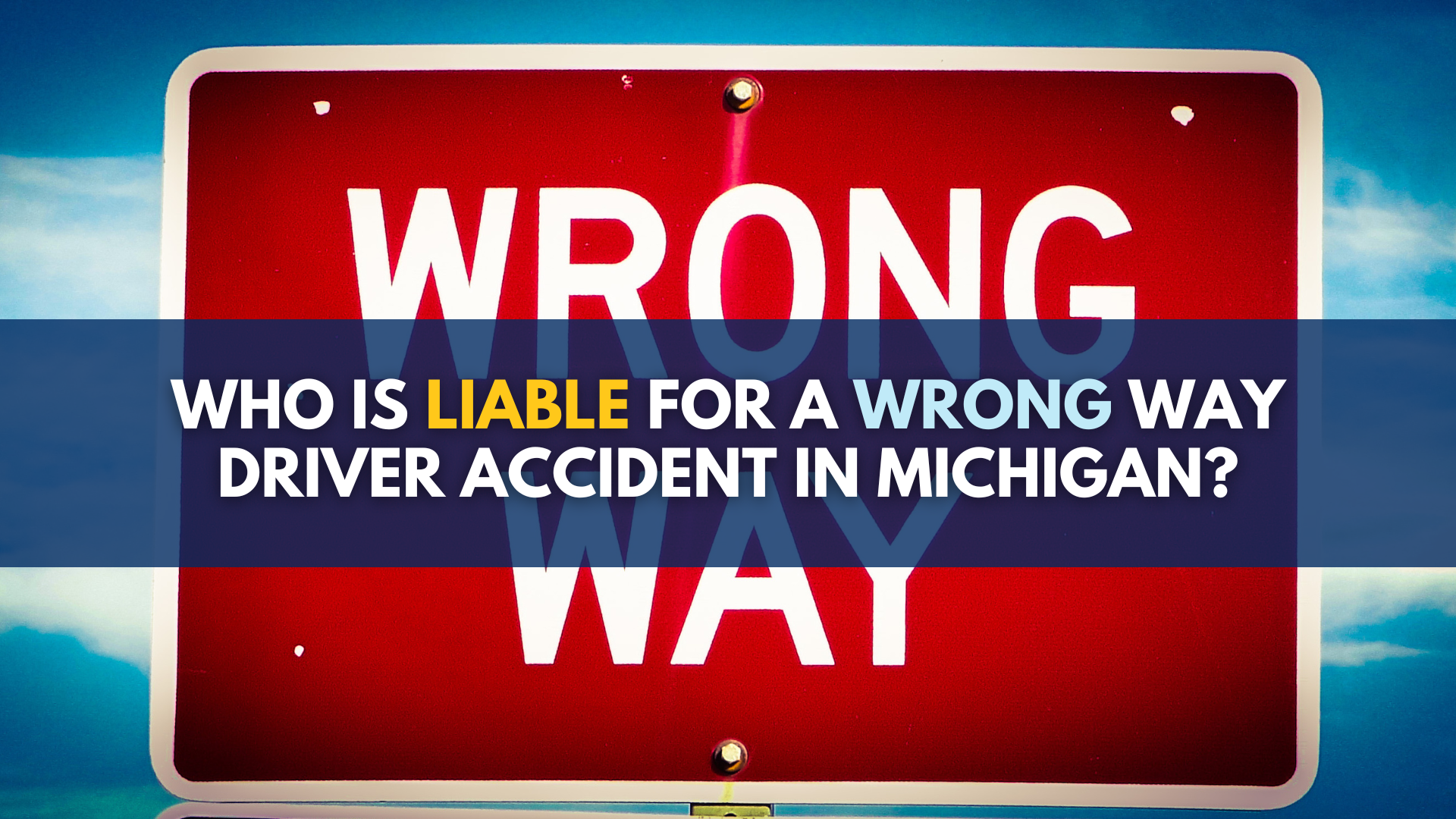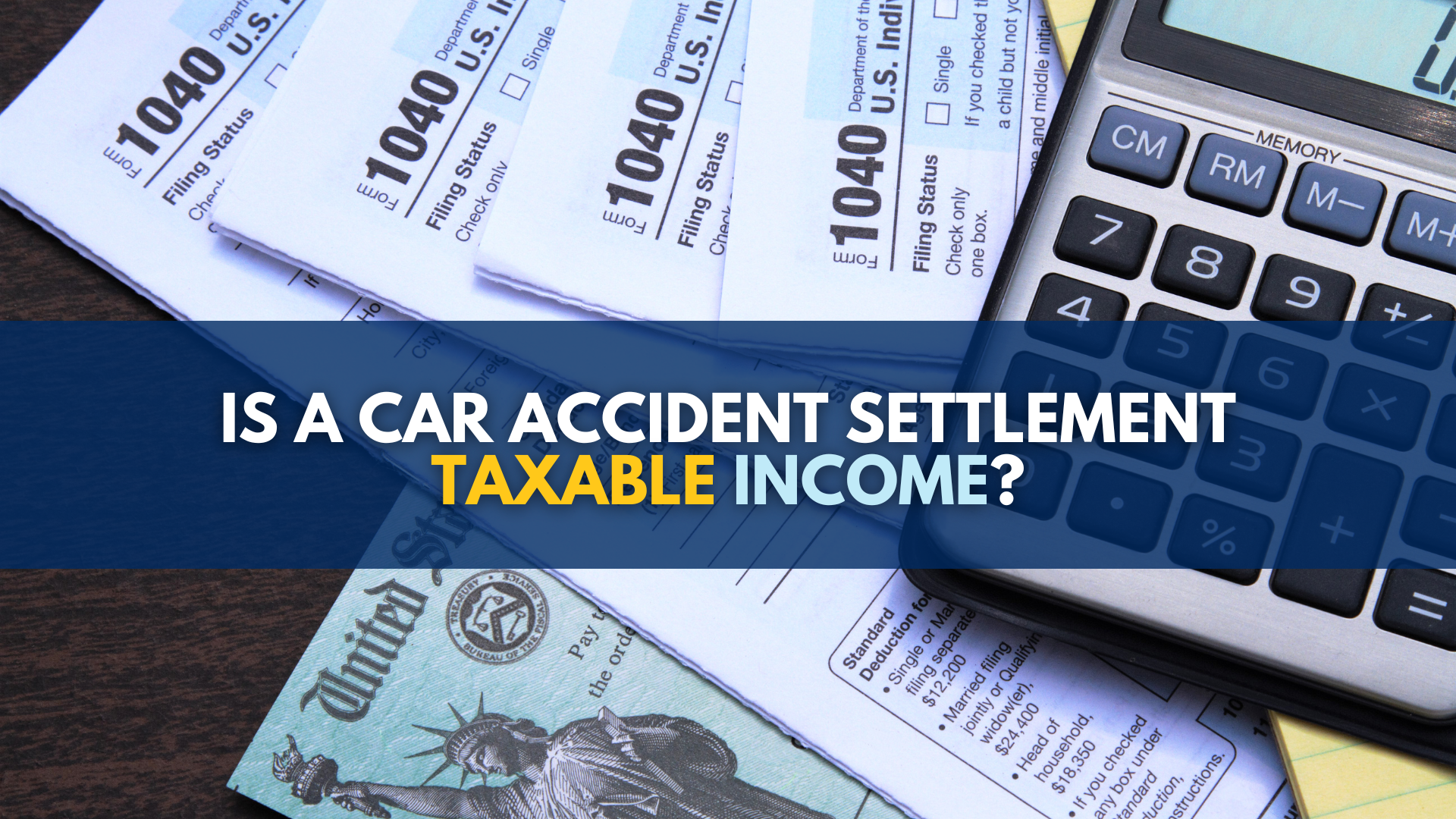Auto insurers can recoup MACP costs by passing higher prices along to consumers and by claiming tax credits – but lawmakers want to change this

Michigan’s No Fault auto insurance companies can have their cake and eat it, too, when it comes to assessment payments for Michigan’s “Assigned Claims Plan.”
Too bad it leaves a very bad taste in the mouth of consumers.
That’s because Michigan’s auto insurers have a pretty sweet deal: They’re passing along their MACP assessment costs to consumers in the form of higher No Fault auto insurance prices.
And the auto insurers are also getting tax credits for their MACP assessment payments.
That’s quite a cherry on top.
The Michigan Assigned Claims Plan (MACP) assigns uninsured Michigan auto accident victims (so long as they weren’t driving their own uninsured vehicles) to auto insurance companies for the payment of Michigan No Fault benefits, including medical expenses and wage loss benefits. By imposing annual assessments on all of the auto insurance companies doing business in Michigan, the MACP raises the funds needed reimburse auto insurers for benefits payments on “assigned” claims.
Some lawmakers think the auto insurance companies have had enough sweets and thus, they’re calling for legislation to eliminate auto insurers’ tax-credit loophole.
As an auto accident attorney, I couldn’t agree more. I understand there are costs associated with running a business. And I understand that tax laws these days can be – and often are – used to entice and encourage businesses by states. But the tax credit is completely unnecessary. Michigan is one of the most profitable states in the country for insurance companies to do business (at our expense), since Michigan’s insurance commissioner is not empowered to regulate unreasonably high profit margins (as in most states).
And it isn’t like this is a BMW factory that can move to a Southern state with better tax breaks. This is just political pork to further fatten insurance company profits, at our expense. In fact, existing “recoupment” provision allows auto No Fault insurers to recoup the money they spend on MACP assessments by passing along the costs to Michigan consumers! That’s already a much better deal than nearly anyone else gets when they’re obligated to pay for something … like auto insurance.
Not surprisingly, the auto insurance industry likes its sugar fix. The insurance industry is fighting tooth and nail against the idea of repealing the tax credit and making nasty threats about raising rates.
Calling themselves “Stop the Car Insurance Tax” — a group comprised of Americans for Prosperity – Michigan, the Insurance Institute of Michigan, Lansing Regional Chamber of Commerce, Michigan Association of Insurance Agents, Michigan Insurance Coalition, Michigan Chamber of Commerce and National Federation of Independent Business — the group insisted that repealing the tax credit will impose a:
“$40 per car insurance tax on auto insurance consumers …”
However, as House Appropriations Committee Chairman Al Psholka, R-Stevensville, told Crain’s Detroit Business in a February 20, 2016, story, regarding “insurers’ warning that repealing the tax credit would raise premiums”:
“My initial reaction is, “Well, where was my rate cut when [the auto insurers] got [the tax credit]? I guess I missed it. Perhaps it’s still in the mail.”
Amen! Rep. Psholka nailed it.
Where were our rate cuts during the Kreiner era, when third-party auto accident lawsuits plummeted, with thousands of cases being dismissed?
We’ve seen this before. These promised rate cuts when the insurance companies get what they want never materialize. Even with SB 248, which would drastically reduce No Fault PIP (Personal Injury Protection) insurance benefits, and savage attendant care, the rate reductions were paltry and temporary.
Since 2013, when the tax credit became available to Michigan auto insurers, the price that consumers pay for auto insurance has increased $218.
According to Insure.com’s annual “Car insurance rates by state” study, Michigan’s average car insurance premium went from $2,520 in 2013 to $2,551 in 2014 to $2,476 in 2015 to $2,738 in 2016.
The MACP changes hands
Prior to 2013, the MACP was “organize[d] and maintain[ed]” by the Michigan Secretary of State, who imposed and collected “payments for the operation” of the Assigned Claims Plan from Michigan auto insurers. (See pre-2013 version of MCL 500.3171 and 500.3175)
Starting in 2013, however, the job of maintaining and administering the MACP transferred from the Secretary of State to the Michigan Automobile Insurance Placement Facility (MAIPF), pursuant to Public Act 204 of 2012. (See MCL 500.3171(2) and 500.3320(1)(g)) To learn more, please check out my blog post, “Michigan auto insurance companies take control over Assigned Claims Plan: a program providing No Fault PIP insurance benefits to uninsured auto accident victims.”
Additionally, the task of imposing “assessments” on Michigan auto insurers in order to raise the funds to pay the “[c]osts incurred in the administration of the assigned claims plan” also transferred from the Secretary of State to the MAIPF. (See 500.3171(2) and 500.3330(1)(h)) Specifically, the MACP’s Plan of Operations (Section 7 G) provides:
“The Board may periodically, but not less than annually, assess insurers for claim and operating expenses of the MAIPF arising from the assignment of claims under the Plan.”
Getting their money back
Let me be Captain Obvious for a moment. Insurance companies do not like to pay out on claims, even when those claims are very legitimate and there is no defense. They keep me very busy, denying meritorious claims and forcing people to find lawyers to help them get what they should be voluntarily paying. This also causes tremendous hardships for people who are often injured and out of work and need medical treatment after automobile accidents.
It also should come as no shock that, when auto insurance companies finally do pay out money (far too often after people have had to go to the trouble, expense, and time of hiring a No Fault insurance lawyer), these same insurance companies always want to find a way to get the money back … or, at least, get new money to replace the money that was spent.
Auto insurers who have been assigned under the MACP to pay out No Fault benefits to uninsured Michigan auto accident victims are just like all the others in this regard. And, lucky for them, Michigan lawmakers – mostly Republican lawmakers – have been very sympathetic.
Prior to 2013, when auto insurers were making payments to the Secretary of State to cover the costs of the MACP, they had no lawfully-sanctioned way of getting their money back.
However, that changed with the change in the law that occurred in January 2013. Now, as a result of the changes brought by Public Act 204 of 2012, auto insurers were able to take advantage of already existing “recoupment” provision which would allow them to recoup the MACP assessment payments they would be making to the MAIPF. The “recoupment” provision says:
“Any assessments paid by [Michigan auto insurance companies] may be recouped through a surcharge in the insurers rates for automobile insurance policies issued by the [auto insurer] …” (MCL 500.3385)
In other words, with the help of the “recoupment” provision, auto insurers could “get their money back” for their MACP assessment payments by passing along those costs to consumers in the form of higher auto insurance prices. The MACP’s Plan of Operations (Section 7 H) confirms the purpose and effect of the “recoupment” provision codified in the Insurance Code:
“Any assessments paid by insurers … may be recouped in the insurance rates filed with the [Insurance Commissioner] for automobile policies issued by the insurer …”
Auto insurers are eating their cake, too
As if the “recoupment” provision were not already auto-insurer-friendly enough, there was one more treat waiting for Michigan auto insurers:
A tax credit.
Under a law that was already on the books when the MACP was transferred from the Secretary of State to the MAIPF, auto insurance companies would be able to claim a tax credit for the MACP assessment payments made to the MAIPF – in addition to recouping those costs by passing them along to consumers. The insurance-company tax-credit law provides:
“An insurance company may claim a credit against the tax imposed under [Michigan’s Income Tax Act]” … for the “[a]mounts paid to the Michigan automobile insurance placement facility …” (See MCL 206.637(1)(c); preceded by MCL 208.1237(1)(c))
Significantly, according to written testimony (page 12) provided to the House Appropriations Committee on February 3, 2016, by Mary Ann Cleary, Director of the House Fiscal Agency, the insurance company tax credit:
“[R]educed insurance tax collections $60 million in FY 2014-15 and will reduce them an estimated $80 million in FY 2015-16 and after.”


